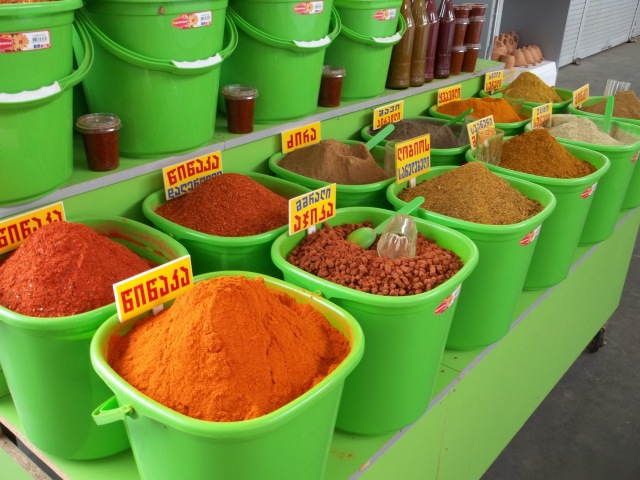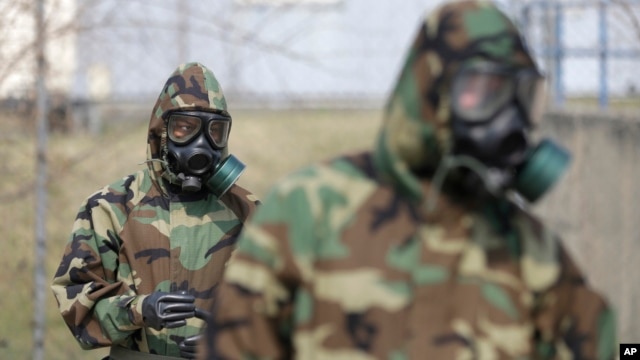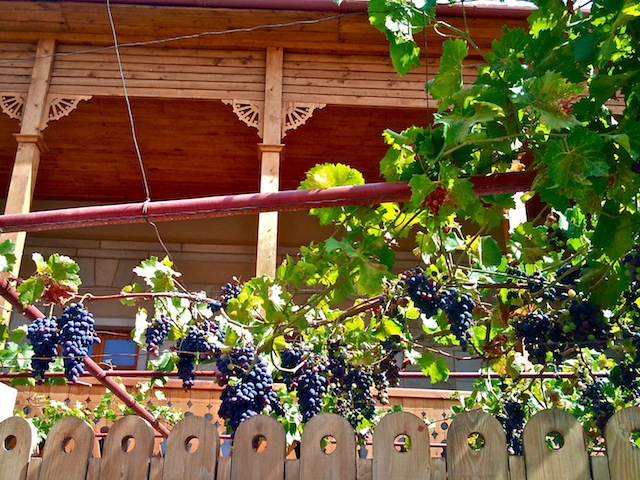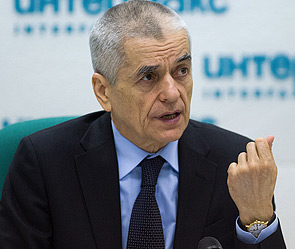By Keith Nuthall
31.07.2013. Wine producers in Georgia are targeting improved export sales to the European Union after the creation of a “deep and comprehensive free trade area” between the EU and the Caucasus republic.
“Wine imports from Georgia will have free access to the EU market,” a spokesperson for the European Commission has told just-drinks. “They will pay no more tariffs, and be imported without any quantitative restriction.”
Wine from Georgia’s wine industry could “access the EU market on a level playing field with European wines”, he said.
Last year, Georgia exported US$9.2m of wine (including fortified and sparkling wines) to the EU. The EU exported significantly less wine to Georgia last year; just $2.6m of standard still and fortified wine and $1.9m of sparkling wine last.
The agreement was secured last week.
Source
31.07.2013. Wine producers in Georgia are targeting improved export sales to the European Union after the creation of a “deep and comprehensive free trade area” between the EU and the Caucasus republic.
“Wine imports from Georgia will have free access to the EU market,” a spokesperson for the European Commission has told just-drinks. “They will pay no more tariffs, and be imported without any quantitative restriction.”
Wine from Georgia’s wine industry could “access the EU market on a level playing field with European wines”, he said.
Last year, Georgia exported US$9.2m of wine (including fortified and sparkling wines) to the EU. The EU exported significantly less wine to Georgia last year; just $2.6m of standard still and fortified wine and $1.9m of sparkling wine last.
The agreement was secured last week.
Source


















.jpg)







.jpg)





